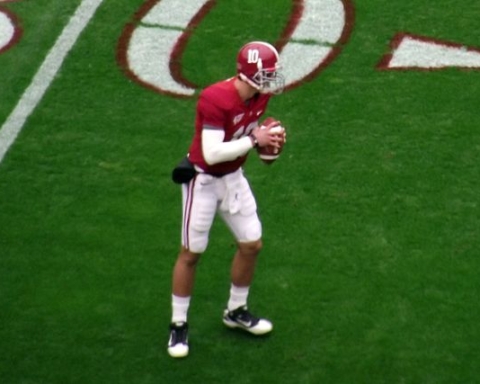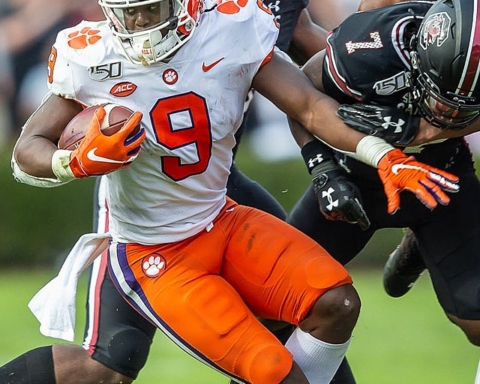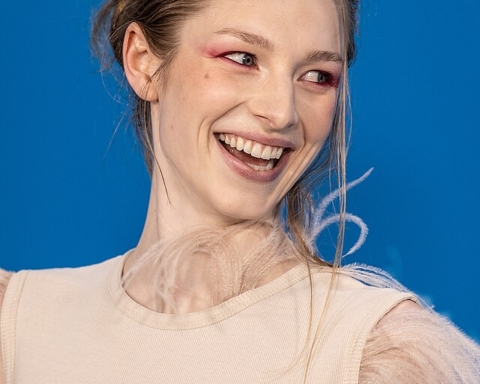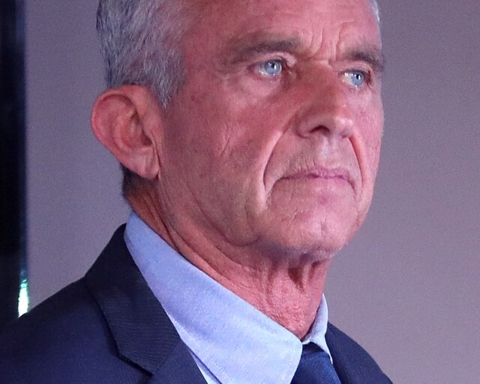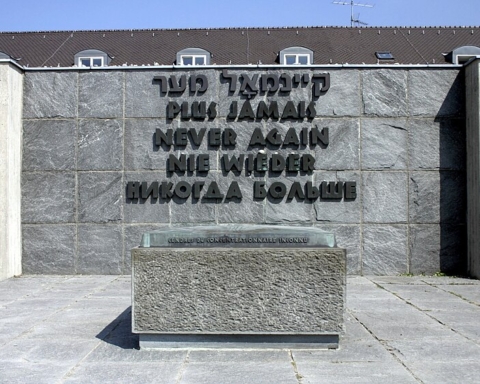By the President’s Standing Committee on Equity and Inclusion
In 1992, St. Bonaventure University stopped officially using the Brown Indian as a mascot and the associated Native headdress as a logo. However, the headdress has never gone away. It feels like the further distance we’ve gotten from our break with this symbol, the more current students, alumni and the University community as a whole seem to cling to it.
Why? We’ve heard all of the reasons. It’s our heritage. Our history. A symbol of power. Team unity. We understand our shared connectedness, and how symbols and relics have a binding effect.
That doesn’t mean that all symbols of our history should remain coveted. We often fail and blunder when it comes to racial and ethnic issues. We don’t always get it right, individually or institutionally.
The true markers of institutional learning and reform are acknowledgement of truth and a commitment to reconciliation.
An acknowledgement of truth would be an admission that the headdress has never been ours to use. First and foremost, the use of the headdress is an appropriation. We were not an institution founded by Native Americans, or in partnership with Native Americans.
Let’s remember that the headdress is simply what’s left of the original mascot, the Brown Indian. At Bona Basketball games, a white man would “dress up” like a Native American and do their best to “act” like a Native American.
This is a horrifying visual. It is a piece of our history that belongs in the archives, not publicized and memorialized on bumper stickers and T-shirts. It certainly does not exemplify respect for the dignity of others.
A commitment to reconciliation would be building real partnerships with our Seneca neighbors, acknowledging our responsibility and truly letting go of the headdress. Our refusal to do so is simply flexing our privileged institutional muscle. We are more concerned with our self-aggrandizing nostalgia than with our shared disrespect of an entire nation of people.
We believe in free speech and free expression. We also believe that real Bonnies are better than the minimum expectation afforded by law.
For questions, email committee chair Nichole Gonzalez at ngonzale@sbu.edu


